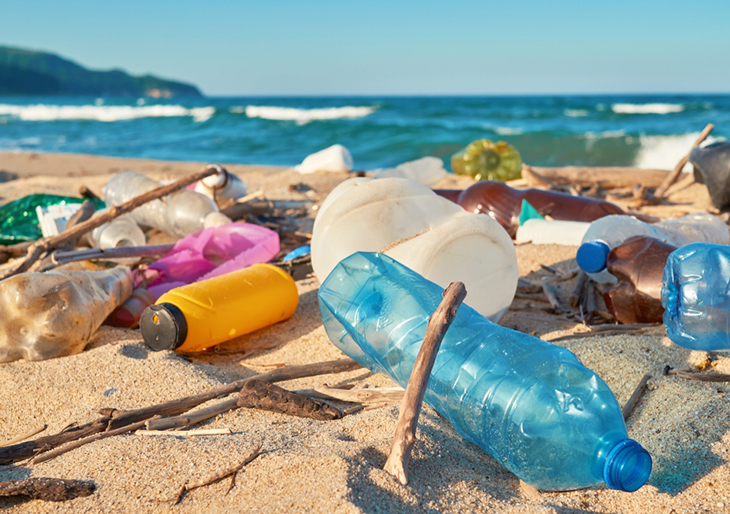
People oftentimes visit Australia not just to get a taste of the city, but to enjoy the beaches as well. In fact, thousands of visitors flock to the waters and watch as surfers ride the waves while others simply sunbathe.
However, with tourism also comes waste. People don’t oftentimes think about the trash they leave behind. They’re simply there to enjoy, without a care in the world. As a result, some parts of the beaches have been littered with so much plastic.
A recent scientific survey was conducted and when this was completed, researchers found that plastic on Australian beaches has fallen by 29 percent since they did the previous survey in 2013. They were impressed at what they found.
The authors of the study give credit to the well-executed and locally focused waste control strategies. They say that this is what Australians can achieve if they just put their heads together, and this may be something that the rest of the world could follow.
The efforts had been organized by the Australian national science agency. And for this year’s survey, they looked at 562 new survey plots that ran across 32 local government entities. They did the research and emphasized on gathering data on which methods implemented by the local officials in the area had been the most effective and successful.
“Our research set out to identify the local government approaches that have been most effective in reducing coastal plastics and identify the underlying behaviors that can lead to the greatest reduction in plastic pollution,” said Dr. Kathryn Willis, the lead researcher of the study.
“We were really surprised and excited to also find that there was on average 29 per cent less plastic on our beaches than in 2013 when similar surveys were conducted,” she added.
The strategies employed had been divided into planned behavior like educational programs and recycling guides, economic strategies, and crime prevention. The latter involved closer monitoring of those illegally dumping trash and other activities that were similar to it.
Out of the efforts made, they saw that economic strategies were found to have the biggest effect on the cleanup efforts. More economic waste management strategies brought about cleaner coastlines on the same level.
“For example, household collection services, where there are multiple waste and recycling streams, makes it easier for community members to separate and discard their waste appropriately,” said CSIRO researcher as well as the co-author of the paper, Dr. Denise Hardesty.
“Our research showed that increases in waste levies had the second largest effect on decreases in coastal plastic pollution. Local governments are moving away from a collect and dump mindset to a sort and improve approach,” the doctor explained.
The research saw that those municipalities that didn’t update their waste control measures over time suffered from dirtier coasts.
As of now, CSIRO is on a mission to reduce plastic waste by as much as 80 percent. They are working hard to achieve this and will always continue to do so.
What are your thoughts? Please comment below and share this news!
True Activist / Report a typo


